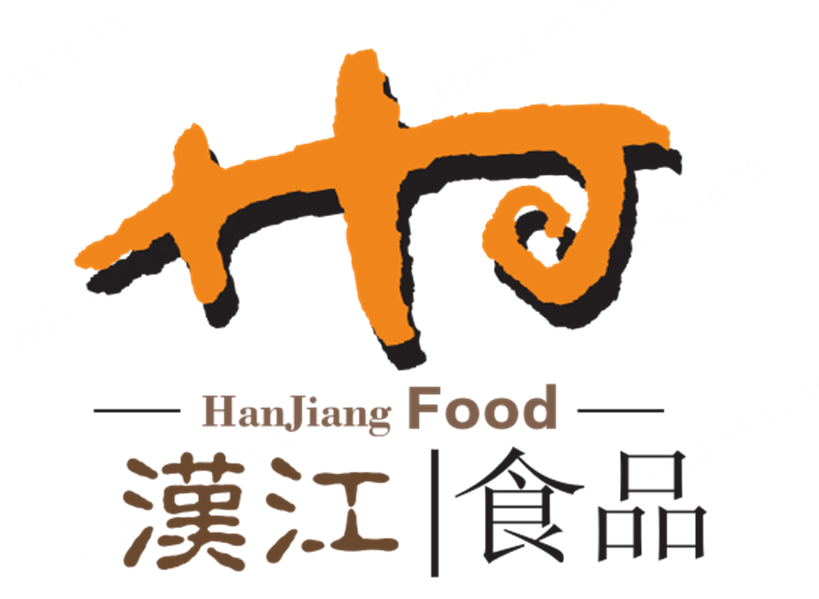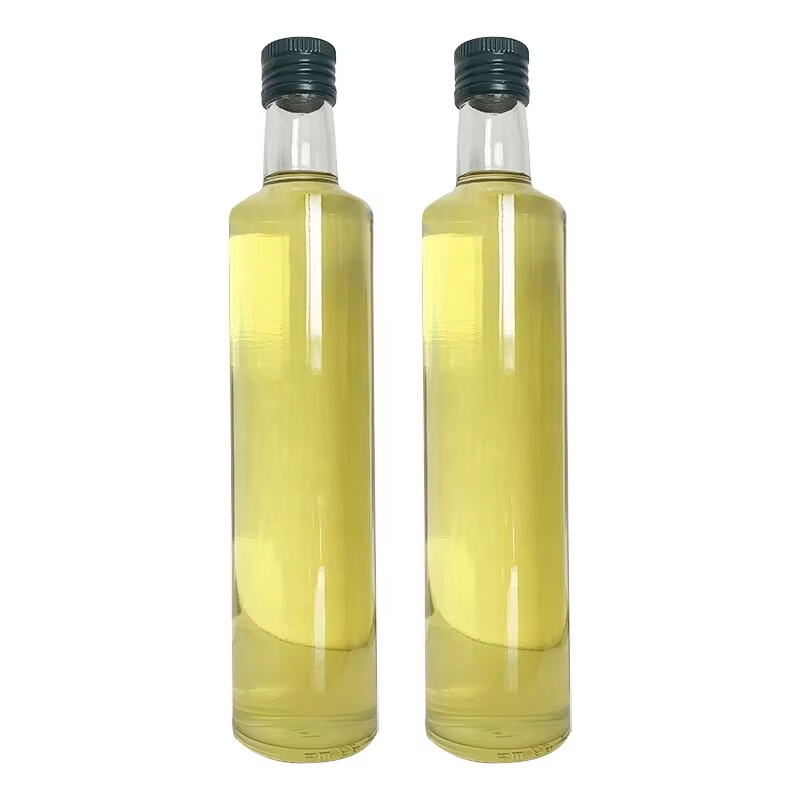Overview of Vegetable Oil Extraction Processes
Key Methods in Industrial Production
Industrial vegetable oil extraction primarily relies on two methods: mechanical pressing and solvent extraction. Mechanical pressing, commonly known as expeller pressing, involves using a mechanical press to physically squeeze the oil from seeds. This method is favored for its simplicity and minimal use of chemicals, making it more environmentally friendly with the residual oil content usually ranging from 4% to 8%. On the other hand, solvent extraction, which involves using solvents like hexane to dissolve oil from plant materials, is highly efficient for large-scale production, reducing oil content in the solids to as low as 1%. Statistics reveal that while mechanical methods are popular for smaller operations, solvent-based extraction holds a significant market share due to its efficiency in large-scale production, surpassing 60% in some regions.
Additionally, modern techniques such as cold pressing, supercritical fluid extraction, and enzyme-assisted processes are gaining traction. Cold pressing maintains the oil's quality by operating at lower temperatures, preserving nutrients and delivering superior flavor. Meanwhile, supercritical CO2 extraction, though costly, is increasingly used for high-value oils due to its ability to produce unadulterated, high-quality oil. These trends highlight a shift towards more sustainable practices in the oil extraction industry.
Importance of Process Selection
Selecting the appropriate extraction process is crucial as it directly affects the yield and quality of the resulting vegetable oil. Mechanical pressing typically produces a high-quality oil with fewer impurities, ideal for culinary uses, whereas solvent extraction is more suited for high-yield industrial applications. The choice of method also depends on factors such as raw material availability, production scale, and adherence to environmental regulations, with a growing emphasis on sustainable and eco-friendly operations.
Industry experts emphasize that technological advances are increasingly influencing process selection. For instance, advancements in enzyme-assisted extraction are enabling more efficient and sustainable operations. According to several case studies, technology-driven process selection not only enhances yield and quality but also significantly reduces costs over time. These changes underscore the economic implications of adopting advanced extraction methods, potentially leading to superior market positioning and increased profitability.
Mechanical Pressing Method: Advantages and Disadvantages
Advantages: Natural Process & Nutrient Retention
Mechanical pressing is a widely favored method of extracting vegetable oils due to its natural approach, effectively retaining the oil's intrinsic flavors and nutrients. Unlike solvent extraction, which involves chemicals, mechanical pressing operates through a non-chemical process, appealing especially to health-conscious consumers and organic markets. It preserves the integrity of vital nutrients and flavors, making it a preferred method in organic and health-focused markets. Studies have shown that mechanical pressing retains higher nutrient levels in oils compared to solvent extraction, making it a healthier option. Vegetable oil produced through this method appeals to consumers seeking natural and sustainable products, providing both health benefits and satisfying market demand for high-quality oils.
Disadvantages: Lower Yield & Equipment Limitations
While mechanical pressing offers significant advantages, it also presents certain drawbacks. A key challenge is the lower oil yield compared to solvent extraction methods. Industry averages indicate a recovery rate of oil typically ranging from 4% to 8% in the press cake, emphasizing the limitations in extraction efficiency. Additionally, mechanical pressing requires substantial equipment investments and considerable space, which can contribute to higher operational costs. The process is also labor-intensive, impacting its scalability for large-scale production. Although suitable for lower capacity operations, these factors can restrict its application in high-volume settings, limiting its competitiveness in the industry.
Solvent Extraction Method: Efficiency vs. Drawbacks
Advantages: High Oil Recovery & Automation
Solvent extraction methods are renowned for their efficiency in maximizing oil yields. With sophisticated techniques like using hexane, a solvent chosen for its high solvency power, the method often extracts nearly 99% of the oil content from raw materials. This high recovery rate contrasts sharply with mechanical pressing, where significant residual oil can remain. Moreover, solvent extraction offers automation possibilities that simplify the production process and reduce labor costs. Automated systems can streamline the entire operation, ensuring consistent yields and quality while cutting down manual labor. When compared to mechanical pressing, solvent extraction frequently results in enhanced profitability due to the combination of high yield and reduced operational expenses. This marks a compelling advantage for large-scale vegetable oil production.
Disadvantages: Chemical Usage & Safety Concerns
Despite its efficiency, solvent extraction has notable drawbacks related to chemical usage and safety concerns. The involvement of chemical solvents poses health risks, necessitating strict adherence to safety regulations. Safeguards need to be in place to manage these solvents to prevent worker exposure and environmental contamination. Studies have raised concerns about potential solvent residues in the final product, which can affect consumer perceptions and demand. Furthermore, the environmental impact is significant; chemical solvents can lead to pollution unless effectively managed and recycled. This challenges the method's sustainability, driving industry efforts toward developing greener alternatives that lessen dependency on chemical inputs. Balancing efficiencies with environmental stewardship is becoming paramount in the search for more sustainable oil production practices.
Critical Differences Between Extraction Techniques
Cost Comparison: Initial Investment vs. Operational Expenses
When evaluating vegetable oil extraction methods, understanding the financial implications is crucial. The initial investment for oil extraction varies significantly between mechanical pressing and solvent extraction. While mechanical pressing often requires less expensive equipment, its operational efficiency is lower compared to solvent extraction, which can significantly drive down long-term operational costs. Solvent extraction, despite a higher setup cost, often balances this with superior yields and automation capabilities that reduce labor expenses. According to financial analyses from oil production companies, solvent extraction is generally more cost-effective over time, primarily due to its ability to maximize oil recovery and automate processes. This cost-benefit ratio often makes solvent extraction a preferable choice for large-scale operations focused on minimizing expenses while maximizing efficiency.
Output Quality: Crude Oil Characteristics
The quality of crude oil produced through different extraction methods can greatly influence consumer preferences and market demand. Solvent extraction typically yields oil that is clearer in color and neutral in flavor, enhancing its appeal for various culinary applications. In contrast, mechanical pressing tends to preserve more natural flavors and nutrients, which can be desirable for specialty oils. This difference is supported by food scientists who assert that the nutrient profile of oil varies based on extraction technique. For instance, oils extracted through mechanical pressing may contain higher levels of vitamins and antioxidants owing to less processing. These characteristics impact consumer trends, where nutrient-rich oils are often favored for health benefits. Therefore, understanding these nuances helps producers target specific markets effectively, catering to preferences for either refined or natural oil flavors and qualities.
Selecting the Optimal Production Process
Small-Scale Artisanal Needs
For small-scale operations and artisanal producers, mechanical pressing emerges as a highly suitable method due to its simplicity and cost-effectiveness. Mechanical pressing doesn't require the use of chemical solvents, making it an attractive option for those who prioritize natural and traditional extraction methods. Small businesses often face the challenge of balancing their production capabilities with market demands. They evaluate their needs based on the type of oils demanded by local consumers and make decisions accordingly. A good example is olive oil producers in the Mediterranean, who have successfully used mechanical presses for centuries, meeting artisanal standards and local market demands. These producers demonstrate that with the right approach, small-scale operations can thrive by focusing on quality over quantity.
Large Commercial Operations
In contrast, large-scale commercial operations must consider a different set of factors when choosing extraction methods, primarily focusing on cost efficiency and production capacity. Solvent extraction methods are gaining popularity among large producers due to their ability to maximize yield and manage costs at high production volumes. Market trends indicate a gravitation towards solvent methods due to their economic advantages, even though implementing newer technologies often requires significant investment. Industry reports show that production volumes using solvent extraction often outpace those using mechanical pressing, aligning with commercial growth projections in the vegetable oil sector. With a growing global demand for vegetable oil, these operations must act strategically, considering both market trends and production outcomes to remain competitive.
FAQ
What are the main vegetable oil extraction methods?
The main methods are mechanical pressing and solvent extraction, with newer techniques like cold pressing and supercritical CO2 extraction gaining traction.
Which extraction method is more environmentally friendly?
Mechanical pressing is generally more environmentally friendly as it doesn't involve chemical solvents, reducing its environmental impact.
What are the benefits of solvent extraction over mechanical pressing?
Solvent extraction is more efficient for large-scale production, offering higher oil recovery and the potential for automation, which can reduce long-term costs.
Why is process selection important in vegetable oil extraction?
Process selection influences oil yield, quality, environmental impact, and cost, making it crucial for producers to choose an appropriate method based on their needs and market demands.

 EN
EN
 DA
DA
 AR
AR
 NL
NL
 FI
FI
 FR
FR
 DE
DE
 EL
EL
 HI
HI
 IT
IT
 JA
JA
 KO
KO
 NO
NO
 PL
PL
 PT
PT
 RU
RU
 ES
ES
 SV
SV
 TL
TL
 ID
ID
 SR
SR
 UK
UK
 VI
VI
 HU
HU
 TH
TH
 TR
TR
 FA
FA
 AF
AF
 MS
MS
 GA
GA
 MK
MK
 HY
HY
 KA
KA
 BN
BN
 LA
LA
 MN
MN
 NE
NE
 MY
MY
 KK
KK
 UZ
UZ
